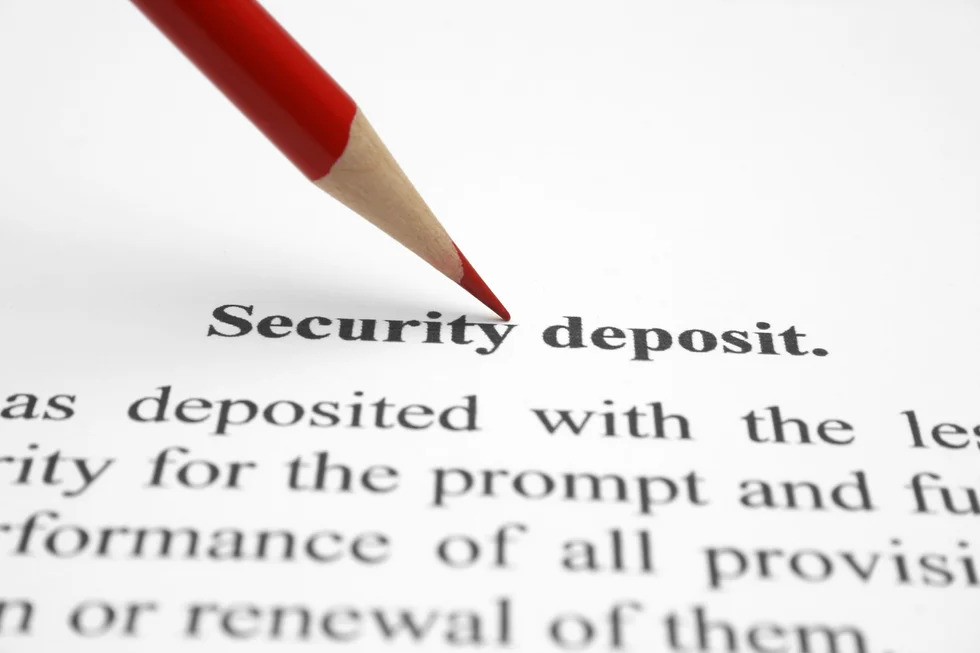What do you mean by "Security Deposit"?
At Times Real Estate Group, we comprehend how intimidating the process of renting a property may be, particularly when learning the ins and outs of security deposits. The vital security deposit details that every tenant should be aware of are covered in this piece.
A renter must give their landlord or the property management firm a security deposit before moving into a rental home. This security deposit provides landlords with a safety net if a tenant breaches the terms of the lease, such as by causing property damage or failing to pay rent.
Although the security deposit can change, rent typically covers one to two months. Renters must know their rights regarding security deposits according to local and state laws. For instance, some nations mandate that deposits be kept by landlords in interest-bearing accounts. In contrast, others restrict how quickly the landlord must return the deposit when the lease expires.
To increase their chances of getting their entire security deposit back, tenants must leave the rental home in good condition when they move out. The renter must be given an itemized list from the landlord and complete explanations for any withdrawals from the security deposit. Tenants have legal remedies if they disagree with deductions made and want to contest them. We concentrate on informing and reassuring our tenants and property owners throughout the rental process.
How much of a Security Deposit is Required in Pennsylvania?
A security deposit is required to rent a home in Pennsylvania. If tenants do damage to the property or pay their rent after the due date, it gives landlords a safety net. State law permits landlords to demand a security deposit for the initial months of the lease, up to the equivalent of two months' rent. After the first anniversary of the lease, a security deposit of up to one month's rent can be necessary.
It is crucial to stress that landlords must keep security deposits in escrow accounts and notify tenants in writing of the account's location. Landlords must also pay tenants interest on their security deposits after two years of tenancy.
From understanding lease terms to handling security deposits and managing your property efficiently, we are committed to providing exceptional service tailored to your needs.
What does a Security Deposit cover in Pennsylvania?
A security deposit is a crucial aspect of any rental agreement in Pennsylvania. It is a financial safeguard for landlords, ensuring they have some protection against any potential damages or losses incurred during a tenant's stay. This article discusses the scope of a security deposit in Pennsylvania and how Times Real Estate Group can help you with your property management requirements.
The Fair Housing Act mandates that landlords treat all tenants equally and fairly, irrespective of their race, color, national origin, religion, sex, degree of income, or place within a family. This includes the handling of security deposits.
If the tenant has fulfilled all obligations and there are no outstanding fees or damages, the security deposit will be returned within thirty (30) days of the lease expiring. The itemized breakdown of any deductions made by the landlord for matters like damages or past-due rent must be provided to the renters. Both parties are free to file a lawsuit in small claims court if there is a disagreement regarding the security deposit.
Your investment will be profitably maintained, compliant with all applicable laws and regulations, and well-kept, thanks to our experience managing residential and commercial buildings. We can market your property, choose qualified renters, handle leases, handle maintenance requests and repairs, and manage financial matters, including rent collection and security deposit distribution.


